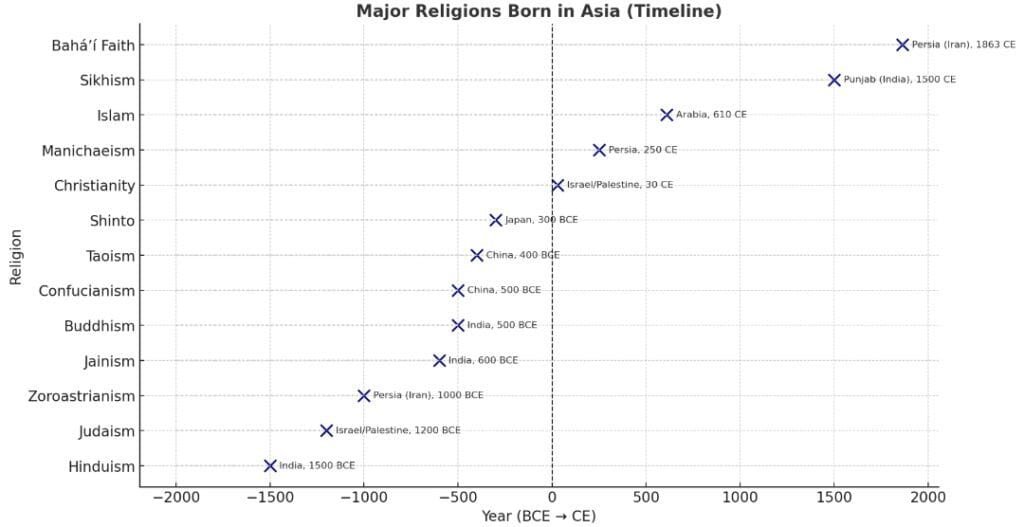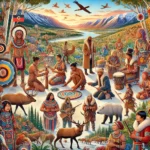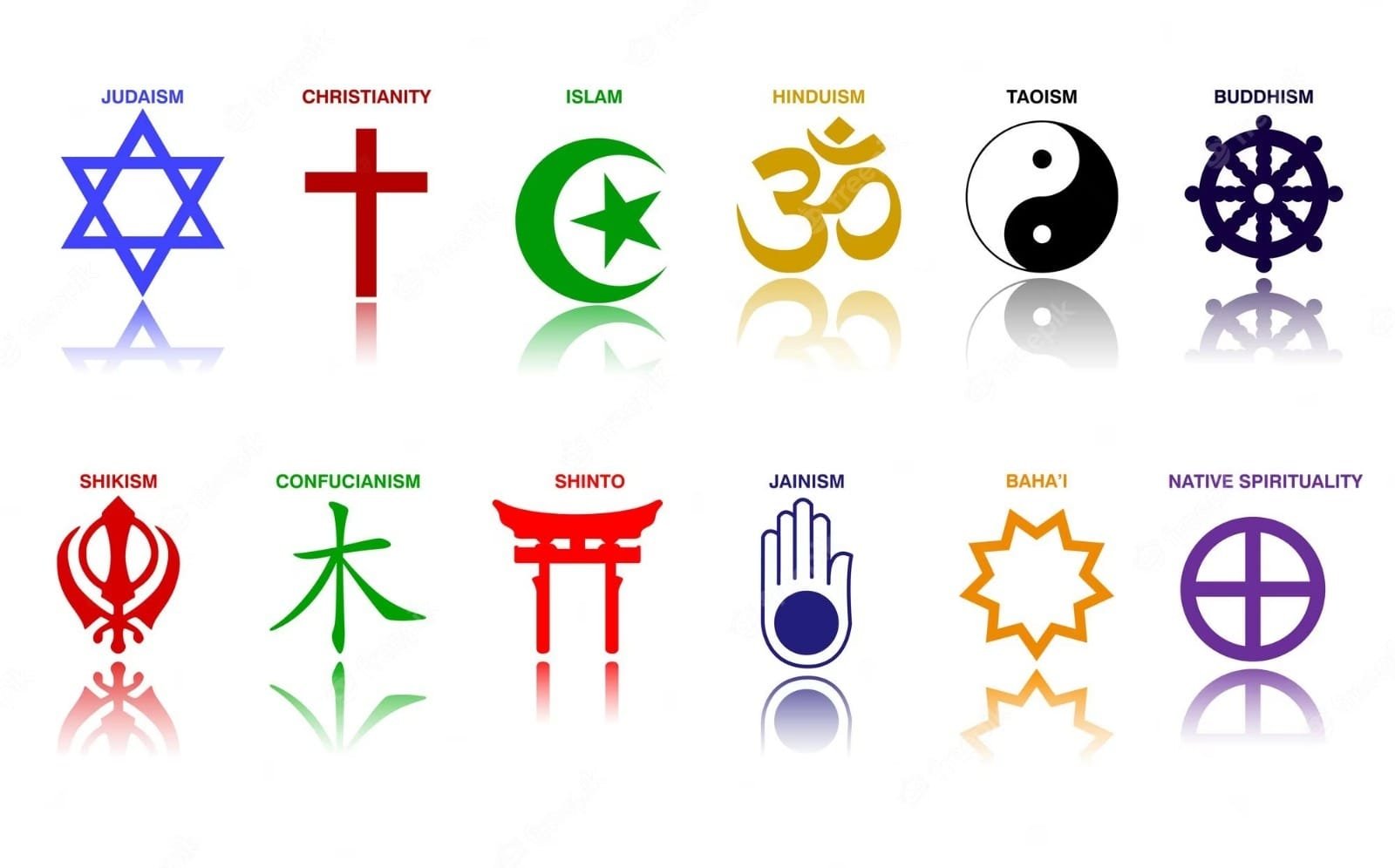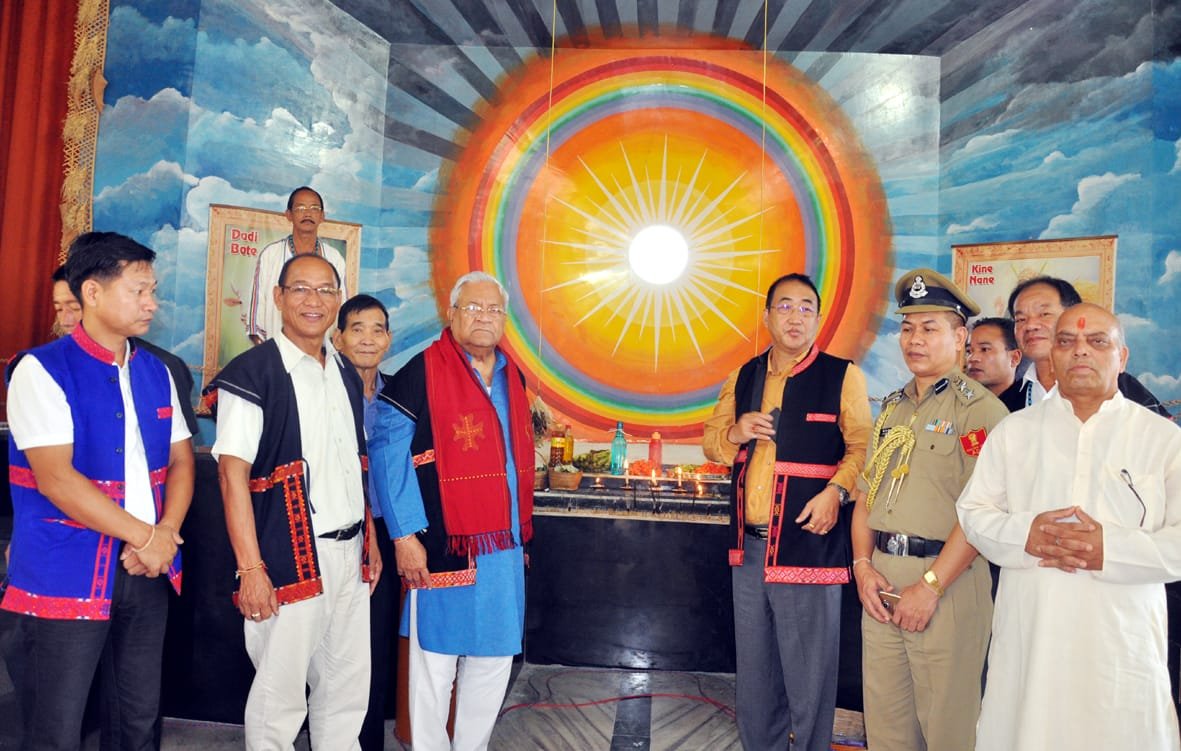Asia is not only the largest continent by size and population but also the cradle of almost every major world religion. From the river valleys of India and China to the deserts of the Middle East and the mountains of Persia, Asia has given rise to spiritual traditions that continue to shape human civilization. These religions have provided moral codes, social structures, rituals, and philosophical frameworks that guide billions of people across the world today.

South Asia: Cradle of Dharma
South Asia, particularly India and Nepal, has been the birthplace of some of the world’s oldest and most influential faiths.
Hinduism – Emerging from the Vedic traditions around 1500–500 BCE, Hinduism is considered the oldest living religion. It is not tied to a single founder but evolved through centuries of philosophy, ritual, and mythology.
Jainism – Founded in the 6th century BCE by Mahavira, Jainism emphasizes non-violence (ahimsa), truth, and asceticism.
Buddhism – Founded by Siddhartha Gautama, the Buddha, in the 5th century BCE, Buddhism spread across Asia with its message of enlightenment, compassion, and liberation from suffering.
Sikhism – Founded by Guru Nanak in the Punjab region during the 15th century CE, Sikhism teaches devotion to one God, equality, and service to humanity.
East Asia: Harmony and Philosophy
The civilizations of China, Japan, and Korea produced traditions deeply rooted in philosophy, ethics, and reverence for nature.
Confucianism – Developed in China during the 6th–5th century BCE, Confucianism is more a system of ethics and governance than a religion, emphasizing filial piety, order, and morality.
Taoism (Daoism) – Emerging around the 4th–3rd century BCE, Taoism emphasizes harmony with the Tao (the Way), simplicity, and balance in life.
Shinto – The indigenous spirituality of Japan, Shinto, developed around the 1st millennium BCE, centers on kami (spirits of nature, ancestors, and sacred places).
West Asia: Abrahamic Traditions and Beyond
West Asia, particularly the Middle East, has been the birthplace of the Abrahamic religions that today dominate much of the world.
Judaism – Originating in the Israel/Palestine region around 2000–1500 BCE, Judaism is one of the earliest monotheistic religions.
Christianity – Emerging in the 1st century CE from the teachings of Jesus Christ, Christianity spread rapidly through the Roman Empire and beyond.
Islam – Founded in the 7th century CE by the Prophet Muhammad in Mecca and Medina, Islam grew into a major world religion with followers across continents.
Zoroastrianism – The ancient Persian faith founded by the prophet Zoroaster (c. 1200–600 BCE) influenced later Abrahamic traditions with its concepts of dualism, heaven, and hell.
Baháʼí Faith – Founded in 19th-century Persia by Bahá’u’lláh, the Baháʼí Faith promotes unity of all religions and the oneness of humanity.
Central Asia and Persia: Lost but Influential Faiths
Some religions born in Asia have faded with time but were once powerful spiritual movements.
Manichaeism – Founded in the 3rd century CE in Persia by the prophet Mani, it combined elements of Christianity, Zoroastrianism, and Buddhism, spreading as far as Rome and China before declining.
Mithraism – With roots in Indo-Iranian traditions (2nd millennium BCE), Mithraism spread to the Roman Empire, where it became a mystery religion practiced by soldiers and elites.
Asia as the Spiritual Heartland
From the Himalayan peaks to the deserts of Arabia, Asia has been humanity’s spiritual heartland. Hinduism, Buddhism, Jainism, Sikhism, Confucianism, Taoism, Shinto, Judaism, Christianity, Islam, Zoroastrianism, and the Baháʼí Faith — all began here. Each faith arose from unique cultural and historical contexts but collectively demonstrates Asia’s enduring role in shaping global spirituality.
Even today, Asia continues to be a living laboratory of religious diversity, dialogue, and coexistence, reminding us that the search for meaning, harmony, and truth has always been central to the human journey.












